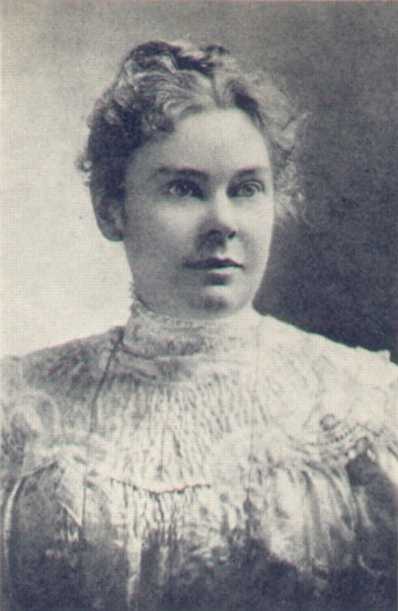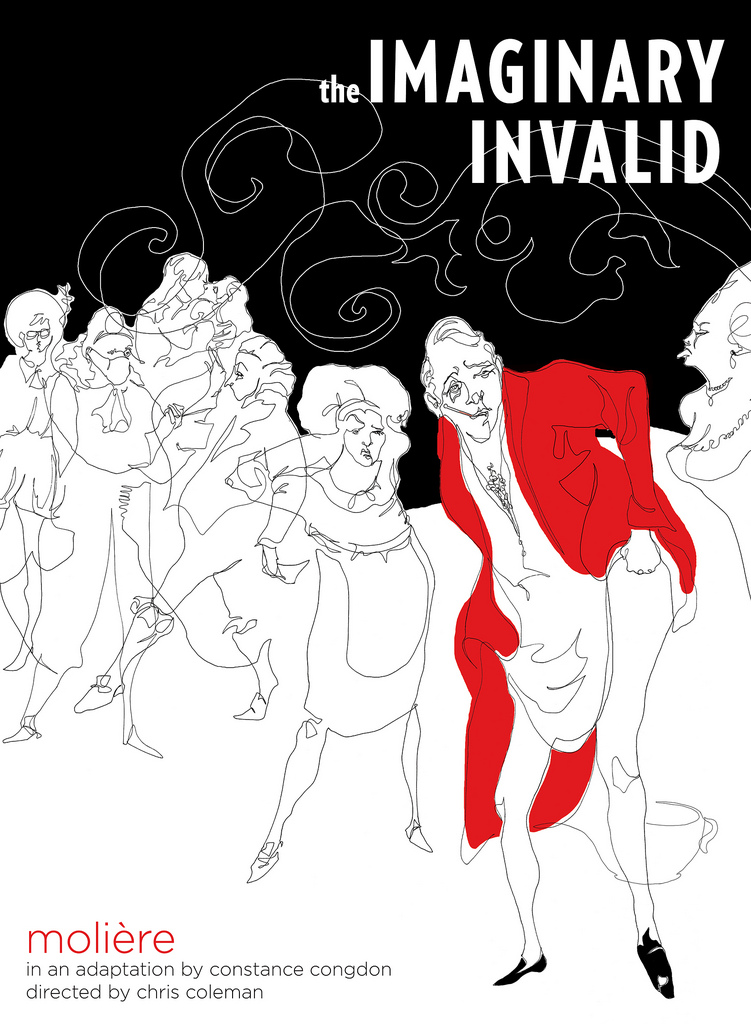
By Bob Hicks
Once again Mr. Scatter has scarpered off to the rainy northlands, abandoning hearth and home and leaving Mrs. Scatter to the unruly task of caring for the Large Smelly Boys. (Two words, Mrs. Scatter: fumigation service.)
The wide world is cold and scary, and yet sometimes one can find one’s self at home in the most surprising of places. For instance, Mr. Scatter and his Crumpled Toyota galumphed unexpectedly into the roadside attraction shown above – Scatter Creek Safety Rest Area – and felt not just refreshed, but also downright welcomed. It was like finding a lost branch of the family and settling in for a neat bourbon and a friendly getting-to-know-you chat. Mr. Scatter assumes that Scatter Creek itself lies somewhere in the immediate vicinity, but he’s not entirely sure: the whole place was so drenched with downpour, it was all creek to him.
 This particular wayside shelter is a few miles south of Tumwater, Washington, a town known in Mr. Scatter’s youth as home to a strictly prohibited and thus perversely desired pale yellow liquid known as Olympia Beer — or more familiarly, Oly, which sounded like a misspelled Norwegian lumberjack. (That was not an entire unlikelihood in this neck of the woods.)
This particular wayside shelter is a few miles south of Tumwater, Washington, a town known in Mr. Scatter’s youth as home to a strictly prohibited and thus perversely desired pale yellow liquid known as Olympia Beer — or more familiarly, Oly, which sounded like a misspelled Norwegian lumberjack. (That was not an entire unlikelihood in this neck of the woods.)
Tumwater was many, many miles ago. Mr. Scatter and the Crumpled Toyota have surged ever forward into the dark wet north, on beyond Chuckanut and the wrinkled geoduck and a four-flush of sad-eyed, brightly blinking casino signs. Mr. Scatter has dressed in his plaid flannel shirt and flannel-lined jeans in hopes of blending in with the wildlife, some of which also are sheathed in sleek and brightly colored water-wicking outer skins with the word “REI” or “Patagonia” tattooed on their breasts. It is a rugged and exotic environment, broken up occasionally by tiny pioneer settlements with names like “Bug” and “Jam.” *
 Mr. Scatter is a coffee man, not a tea man, and so if he happens to come across a moose in his northern wanderings, he will not shoot. Instead he’ll pause to pass the time of day and enquire politely after the health of his old friend, Rocky. Even in the wilderness, one should be civilized. Are you listening, Large Smelly Boys?
Mr. Scatter is a coffee man, not a tea man, and so if he happens to come across a moose in his northern wanderings, he will not shoot. Instead he’ll pause to pass the time of day and enquire politely after the health of his old friend, Rocky. Even in the wilderness, one should be civilized. Are you listening, Large Smelly Boys?
———————————————————————————————————
* This is an actual fact. The town of Sedro-Woolley, Washington, was originally known as Bug. The town of Ferndale, Washington, was originally called Jam. Not all change is progress.

 And on the second morning he got up, made coffee, and wrote his review, which was subsequently published (the review, not the coffee) in The Oregonian. And the review praised some and quibbled some, and was not, in the terminology of the great god Variety, boffo.
And on the second morning he got up, made coffee, and wrote his review, which was subsequently published (the review, not the coffee) in The Oregonian. And the review praised some and quibbled some, and was not, in the terminology of the great god Variety, boffo. Black Swan is not a film about ballet.
Black Swan is not a film about ballet.
 Two years ago, in
Two years ago, in  The mythology of the festival is that actor/director/artistic leader Angus Bowmer was the founding visionary, and he was. It was Bowmer who got things going in 1935, and when I began to go to the festival in the late 1960s and 1970s he was still around, still a quiet eminence, still a prominent spirit around the place.
The mythology of the festival is that actor/director/artistic leader Angus Bowmer was the founding visionary, and he was. It was Bowmer who got things going in 1935, and when I began to go to the festival in the late 1960s and 1970s he was still around, still a quiet eminence, still a prominent spirit around the place. This morning’s
This morning’s 

 Pepys had notoriously little patience for Shakespeare and his fripperies. What might he have thought, then, of Constance Congdon’s adaptation of Moliere’s
Pepys had notoriously little patience for Shakespeare and his fripperies. What might he have thought, then, of Constance Congdon’s adaptation of Moliere’s